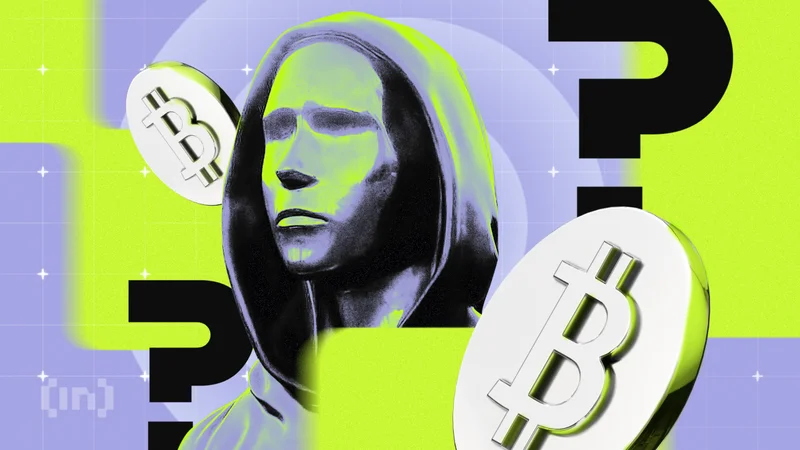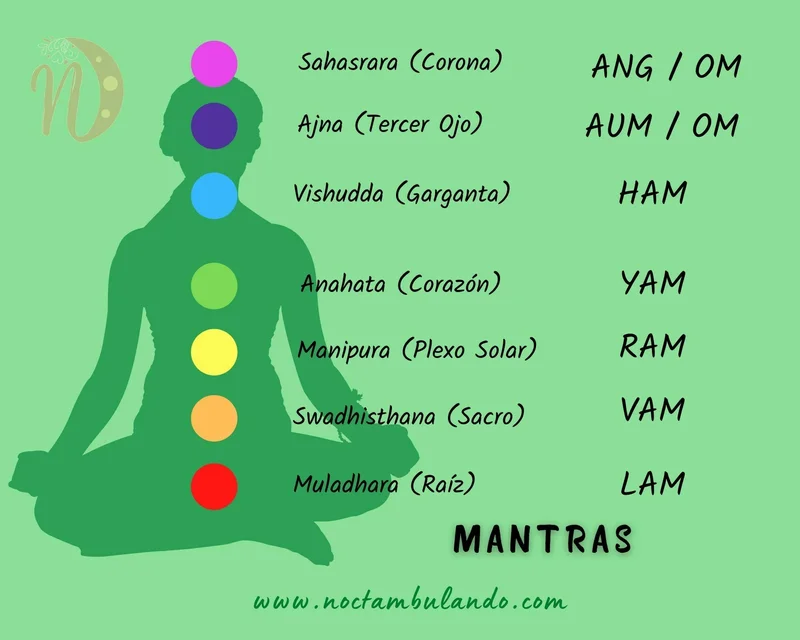Satoshi Nakamoto: Unraveling the Visionary, Defining 'Satoshi,' and Bitcoin's Future
Seventeen years. Can you believe it? It feels like just yesterday we were all buzzing about a mysterious whitepaper from someone calling themselves Satoshi Nakamoto, a vision for digital money that cut out the middlemen entirely. Fast forward to this week, and we’re staring at a world where JPMorgan just opened its gleaming new global headquarters – a monument to centralized finance – while simultaneously, their vaults are accepting Bitcoin and Ether as collateral. It’s a twist that, frankly, makes my head spin in the most exhilarating way!
This isn't just irony; it's a full-blown paradigm shift, a testament to how profoundly disruptive ideas, once dismissed as fringe, can reshape the very institutions they sought to dismantle. Think about it: BlackRock's Bitcoin ETFs, the SEC publicly considering crypto standards – the landscape has utterly transformed. What began as a defiant whisper in the cypherpunk corners of the internet has roared into Wall Street boardrooms. This isn't just about technology anymore; it's about the incredible, often messy, journey of human progress, and honestly, when I first started charting this trajectory from the early days, I honestly just sat back in my chair, speechless at the sheer audacity of it all.
The Unfolding Paradox: From Rebellion to Recognition
We've seen this movie before, haven't we? Gandhi famously said, "First they ignore you, then they laugh at you, then they fight you, then you win." Bitcoin’s journey has been a textbook case. Bankers like Jamie Dimon, who once famously called Bitcoin a "fraud" with "no intrinsic value," now find themselves leading banks that are not just tolerating it, but actively integrating it. Regulators, who fought crypto tooth and nail just last year, are now cautiously building bridges to a trillion-dollar market. The speed of this is just staggering—it means the gap between today and tomorrow is closing faster than we can even comprehend, pulling yesterday's skeptics into tomorrow's reality whether they like it or not!
This isn't just some accidental happenstance, either. It’s a classic example of "creative destruction," a term coined by Joseph Schumpeter and brilliantly elaborated upon by this year’s Nobel laureates in economics, Joel Mokyr, Philippe Aghion, and Peter Howitt. They show us how progress isn't a straight line; it's a constant cycle where old ways are replaced by new, more efficient ones. And let's be clear, when we talk about "creative destruction," we're not just talking about new gadgets; we're talking about the courage, the sheer guts, to dismantle what no longer serves us, even if it's comfortable. It’s about a society’s willingness to let go of the familiar, even if it means a little chaos in the short term, for the promise of something truly better.
To me, this whole process feels like a mighty river. For centuries, it carved its own path, wild and untamed, nourishing everything along its banks outside the city walls. Then, the city decided it needed that power, so they built a massive dam. Did the river stop flowing? Absolutely not! Its energy was harnessed, directed, packaged. The river is still the river, but its force is now integrated into the city's power grid. That's what we're seeing with Bitcoin. Its rebellious energy, its raw power, is being channeled, regulated, and yes, absorbed, but the fundamental current, the underlying flow of its decentralized spirit, is still there, just flowing through new, more established conduits.

The Unfinished Symphony: Culture as the New Frontier
But here's the kicker, the part that truly excites me as a technologist and a human: the mission isn't over. Not by a long shot. While Bitcoin has conquered the balance sheets of global institutions, the deeper battle—the one for its soul, for its core promise of self-custody, open networks, and user sovereignty—that fight is still being waged on the cultural frontlines. What does it truly mean when the very foundations of a movement are absorbed by the old guard? Does the spirit of Satoshi Nakamoto truly live on in a BlackRock ETF, or is something more profound at stake, something about individual choice that money can’t quite quantify?
Imagine the hum of excited conversation in Prague, the crisp autumn air carrying snippets of passionate debate at the Trustless by Design gathering, where speakers connected digital sovereignty to Europe’s long struggle for personal freedom. Or the vibrant energy at the Plan ₿ Forum in Lugano, where policymakers and entrepreneurs discussed extending Bitcoin’s principles beyond finance to governance itself. These aren't just tech conferences; they're cultural incubators, places where communities are reminding us that freedom isn't a product feature you can check off a list. It’s a mindset, a daily choice.
This is where the real work is happening now. It’s not just about code anymore; it’s about winning hearts and minds. It’s about building the collective confidence for ordinary people to hold their own keys, to support open-source innovation, to trust public networks over centralized convenience. Because independence and freedom from middlemen aren't granted by the institutions that profit from dependence. They're claimed by users who choose autonomy over convenience. It's a profound, ongoing act of cultural engineering, and it’s the most exciting challenge of our time.
The Apollo 13 mission didn’t fail when crisis hit; it adapted. Through ingenuity and collaboration, disaster became discovery. In the same way, the Bitcoin revolution isn't in crisis; it's in a pivotal transition. The choice isn't technical; it's deeply, profoundly cultural. Will we, as a society, summon the same resolve to return to first principles and finish what Satoshi started?
The Future Belongs to the Boldly Free
The fight for true digital freedom and individual autonomy isn't just a technical exercise; it's a cultural imperative. It's about deciding what kind of society we want to live in – one where our choices are our own, or one where convenience trumps control. The institutions have embraced the technology, but the power lies with us, the individuals, to demand the values it was built upon. This isn't the end; it's the most thrilling beginning.
-

Warren Buffett's OXY Stock Play: The Latest Drama, Buffett's Angle, and Why You Shouldn't Believe the Hype
Solet'sgetthisstraight.Occide...
-

The Business of Plasma Donation: How the Process Works and Who the Key Players Are
Theterm"plasma"suffersfromas...
-

newsmax: What's going on?
[GeneratedTitle]:AreWeReallyS...
-

Mantra: A Quantitative Look at the Psychology and Actual Impact
AnAnalysisof'Mantra'asaFunct...
-

Bittensor: The Decentralized AI Vision and Why Wall Street is Suddenly Watching
Ofcourse.Hereisthefeatureart...
- Search
- Recently Published
-
- Dijon: Unpacking the Artist, His Vision, and the SNL Buzz
- Satoshi Nakamoto: Unraveling the Visionary, Defining 'Satoshi,' and Bitcoin's Future
- Cook County Treasurer: Property Tax Bills, Payments, & Why It's Such a Pain
- Allora: The Next Paradigm Shift and What It Means for Humanity
- IRS Relief Payment 2025: Will You Actually See a Direct Deposit?
- The Great Hamburger Collapse: The Real Reason They're Failing and Who's Next
- Nasdaq Composite Rises: What's Driving the Rally and Key Stock Movers
- Zcash's Price Surge: An Analysis of Its Price, Key Endorsements, and Future Outlook
- Pudgy Penguins: DreamWorks Partnership and Crypto Presale
- primerica: What we know so far
- Tag list
-
- carbon trading (2)
- Blockchain (11)
- Decentralization (5)
- Smart Contracts (4)
- Cryptocurrency (26)
- DeFi (5)
- Bitcoin (29)
- Trump (5)
- Ethereum (8)
- Pudgy Penguins (6)
- NFT (5)
- Solana (5)
- cryptocurrency (6)
- XRP (3)
- Airdrop (3)
- MicroStrategy (3)
- Stablecoin (3)
- Digital Assets (3)
- PENGU (3)
- Plasma (5)
- Zcash (6)
- Aster (4)
- investment advisor (4)
- crypto exchange binance (3)
- SX Network (3)
